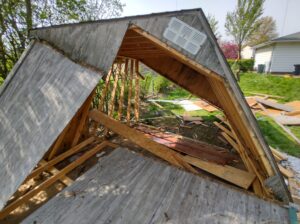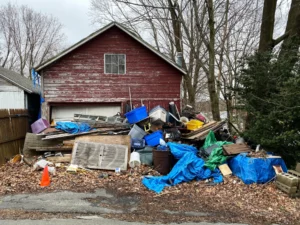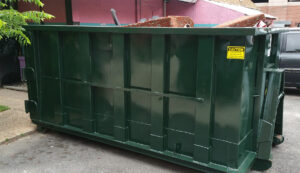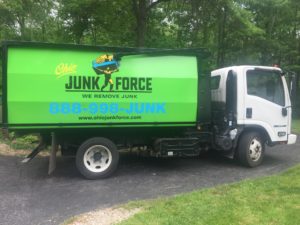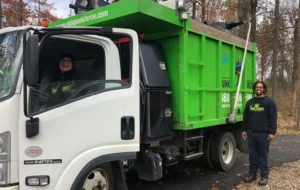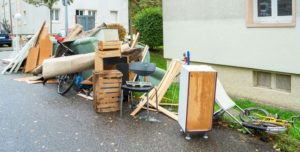
Reducing your impact on the environment can be a pretty tricky proposition since it can be hard to find methods that are both effective and easy to implement in your daily life. Recycling is one such method, but most people don’t understand how recycling actually works. Improper recycling can be ineffective at best and completely counter-productive at worst. To help you make sure that you are recycling the right way, consider the following tips:
- Not everything can be recycled. This may seem like common sense in most cases, but there are some materials that might greatly surprise you. For example, pizza boxes generally should not be recycled. Even though cardboard is generally easy to recycle, that ceases to be true if it’s stained with grease, which tends to happen when it comes to pizza boxes. By throwing pizza boxes in the recycling bin, you are bogging down the recycling facilities with materials that should have been put in the trash in the first place. The same logic is also true for napkins, paper towels, and diapers.
- Certain materials should only be recycled at specific locations. Going off the previous point, there are some goods that should be recycled, but only in certain conditions. For example, batteries and electronics should not be recycled by throwing them in the recycle bin. Instead, you will need to look for a recycling center location in your area, which tends to be advertised pretty heavily in many cities. By hauling a load of old electronics to these locations, you are being much more environmentally conscious than you would be by just tossing them out with the rest of your glass and plastics.
- Recycling should not be your first choice. Although recycling is effective in some areas, it is the least effective of the three R’s: reduce, reuse, recycle. The most effective thing that you can do is reduce your consumption of goods that will need to be disposed of later. This means that you should go for reusable instead of disposable when possible, even if it costs you more in the short term. After you have reduced, you want to reuse goods whenever possible. To approach this R effectively, you should try to repurpose goods for different uses when they have stopped being useful in their original capacity. For example, many food containers (especially jars) can be turned into aesthetically appealing storage units and decorative pieces.
 More than anything else, it’s important that you combine different practices and build better recycling habits. Remembering to throw your pizza boxes in the trash instead of recycling bin is definitely a step in the right direction, but it isn’t nearly as effective as careful adherence to a long-term strategy of reducing your consumption and reusing goods whenever possible. Additionally, by saving up your special recyclables and depositing them at their appropriate locations on a regular basis, you can dramatically lessen your impact on the environment.
More than anything else, it’s important that you combine different practices and build better recycling habits. Remembering to throw your pizza boxes in the trash instead of recycling bin is definitely a step in the right direction, but it isn’t nearly as effective as careful adherence to a long-term strategy of reducing your consumption and reusing goods whenever possible. Additionally, by saving up your special recyclables and depositing them at their appropriate locations on a regular basis, you can dramatically lessen your impact on the environment.

